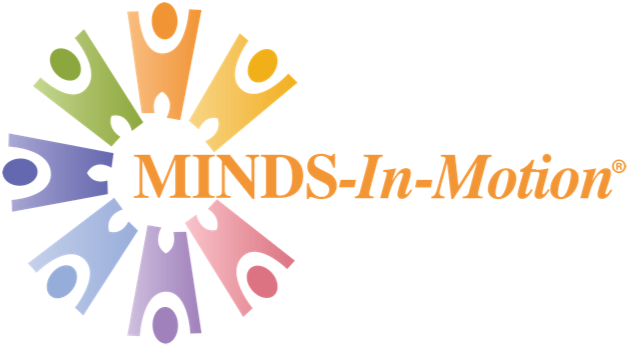I am writing in reference to Minds-In-Motion and the role of vestibular activity in regard to a child's success in learning and emotional well-being. My son was a 26-week premature baby with a brain injury. My son is now 7 years old, in 1st grade, and has been diagnosed with ADHD, autism, and anxiety.
We started Minds-In-Motion particularly for the vestibular and proprioceptive type work. When we started the program, which we only did for a couple of months, my son had been riding a 2-wheel bike for 9 months. He loved his bike and rode it every single day, except he did not have the coordination or focus to get started pedalling on his own. During his time in Minds-In-Motion we saw a significant change in his coordination and strength. Towards the end of his (first) session, he confidently and promptly said "I can get started on my bike by myself!" and he did it. For a micro-preemie that has struggled with coordination and been in multiple therapies his entire life, this was amazing!
On days, he doesn't get enough of this type of movement activity, he is struggling at school. He is fidgety; he is inattentive; and his attitude about school is increasingly negative. He says the day is too long and he lashes out when he gets home on school days. I am extremely concerned with the amount of physical activity and lack of recess and programs such as Minds-In-Motion in our public school. 7 year olds, especially boys, are just not designed to sit for these long periods of time.
I have been absolutely struck at the number of little boys his age who are similarly struggling with attention and anxiety and I believe Candace has helped to understand the science behind what so many studies have shown. I believe incorporating significantly more daily physical activity and the Minds-In-Motion principles is absolutely critical to the well-being and success of our children!

